Tag: gubernatorial
-
Moore Capito, Patrick Morrisey, Chris Miller, and Mac Warner are running in the Republican primary election for Governor of West Virginia
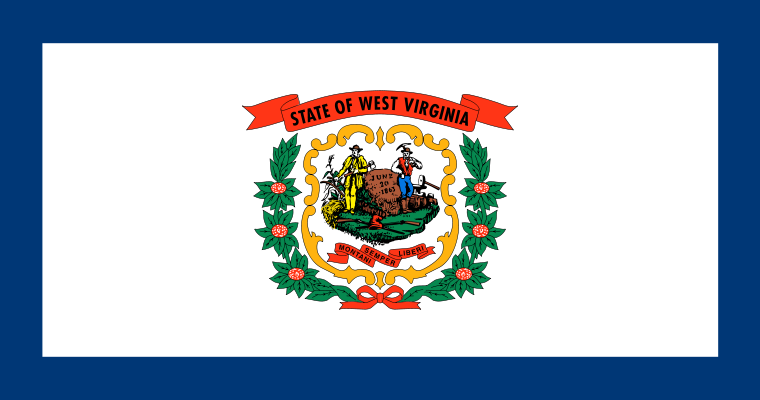
Moore Capito (R), Patrick Morrisey (R), Chris Miller (R), and Mac Warner (R) are running in the Republican primary election for Governor of West Virginia on May 14, 2024. Capito, Miller, and Morrisey each say they are the race’s most conservative candidate, while Warner says the race is not about being the most conservative. All…
-
Incumbent Andy Beshear (D) and Daniel Cameron (R) are running in the Kentucky gubernatorial election on Nov. 7
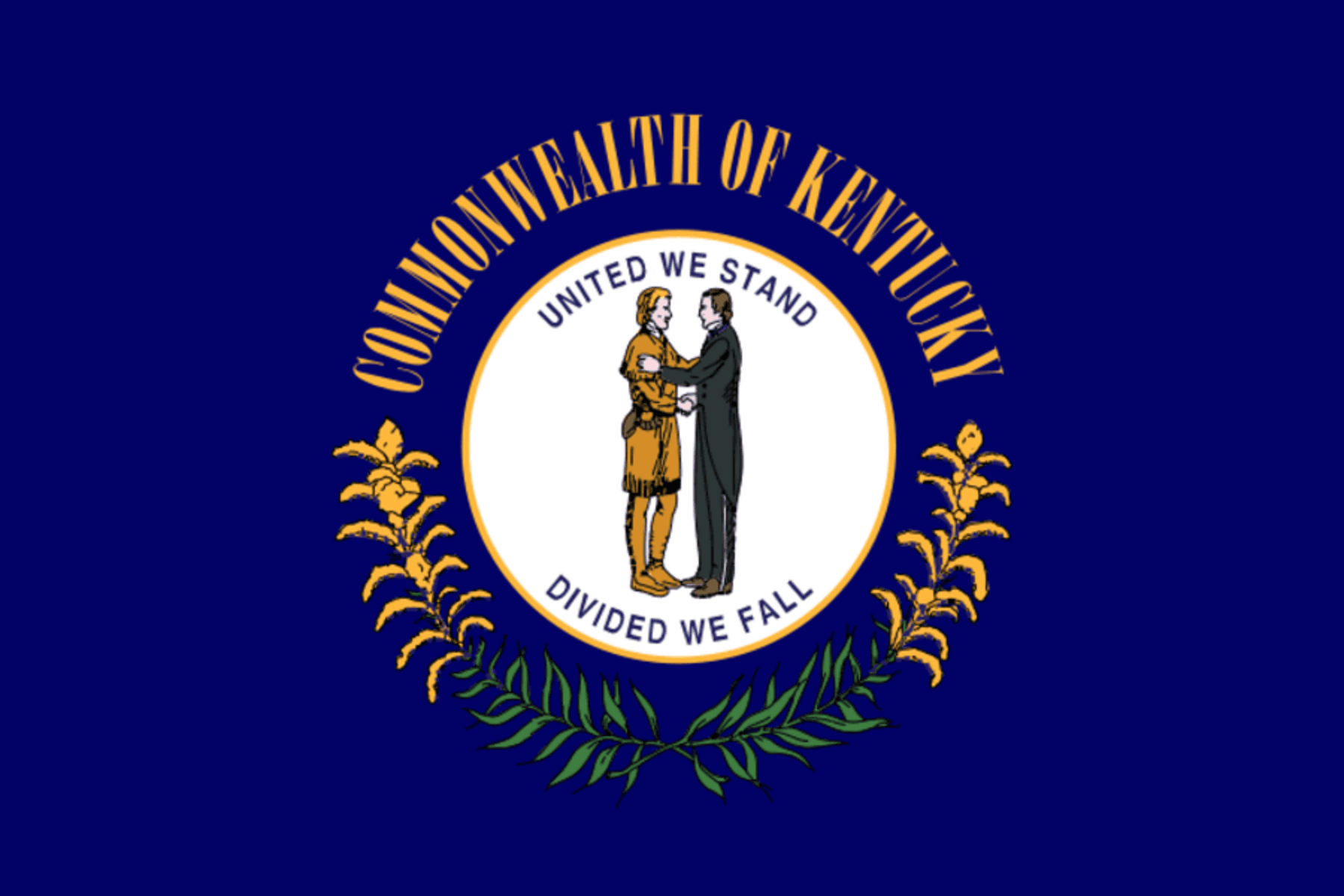
Incumbent Andy Beshear (D) and Daniel Cameron (R) are running in the Nov. 7, 2023, Kentucky gubernatorial election. The primary was May 16, 2023. The filing deadline was Jan. 6, 2023. According to CNN’s Eric Bradner, “The race between Beshear and Cameron, much like Virginia’s state legislative races this fall, carries significant implications for 2024’s elections, as…
-
40 candidates filed for federal and statewide offices last week
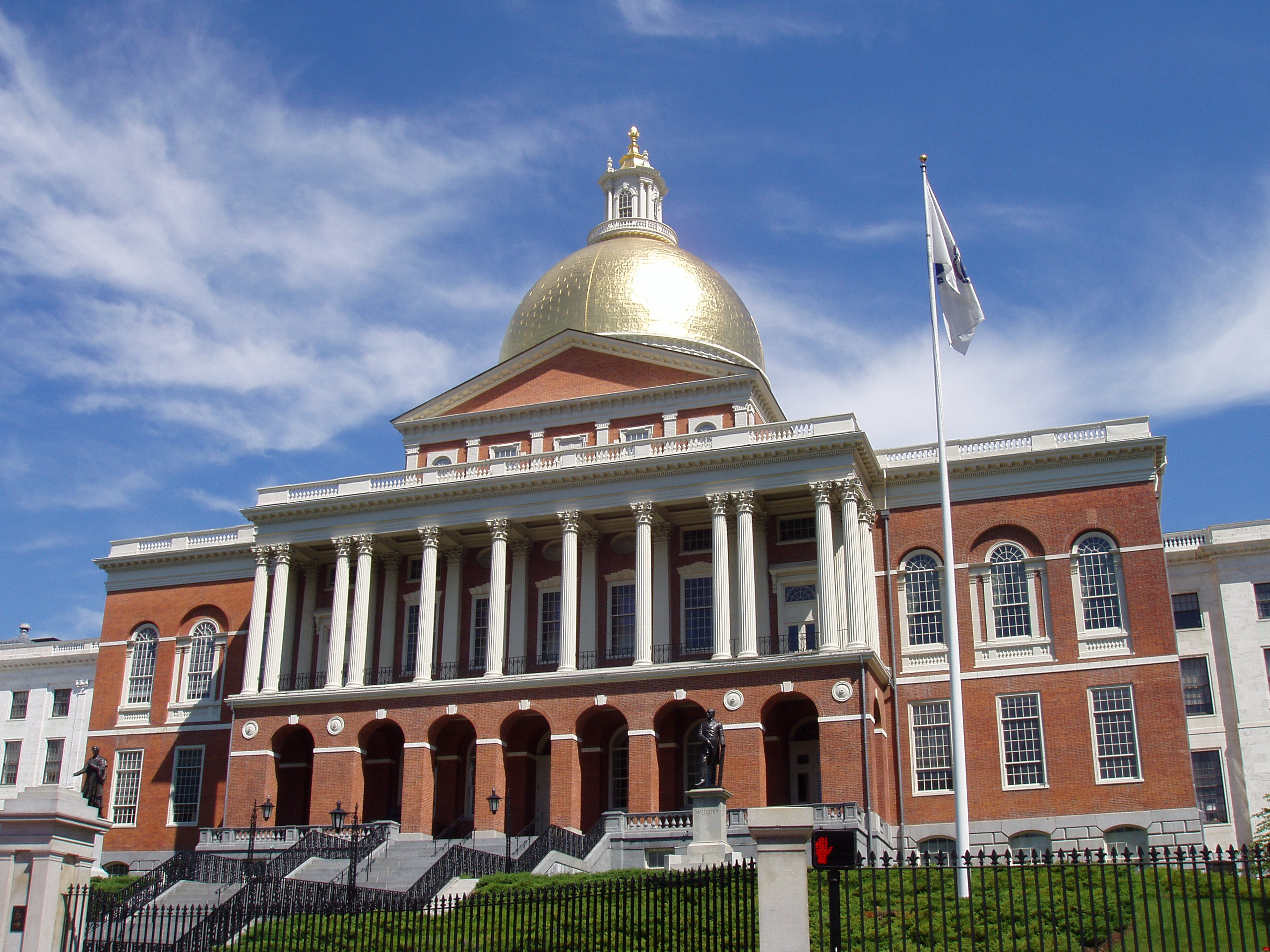
40 people declared candidacies for federal or statewide offices in the past week, two fewer than last week. All of these candidates declared before their state’s official filing deadline. Twenty-two of those candidates were Democratic, while 18 were Republican. Twenty-eight candidates are running for Congress, four for governorship, and eight for a lower state executive…
-
Previewing Alaska’s ranked-choice gubernatorial election
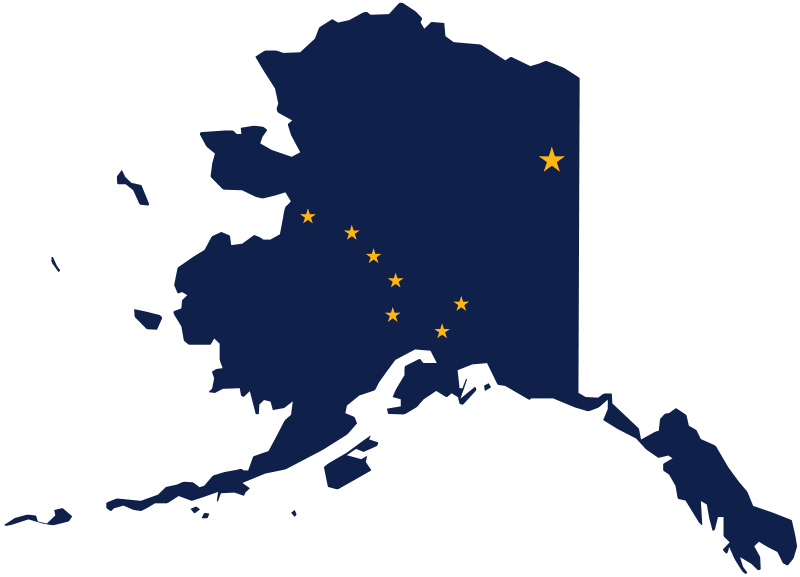
Incumbent Gov. Mike Dunleavy (R), Les Gara (D), Charlie Pierce (R), and Bill Walker (I) are running for governor of Alaska on Nov. 8, 2022. They advanced from the top-four primary on Aug. 16, 2022. Dunleavy was first elected in 2018, succeeding Walker, who had served as governor since 2014. Walker withdrew from the 2018…
-
Incumbent Janet Mills (D), Paul LePage (R), and Sam Hunkler (I) are running in the general election for governor of Maine
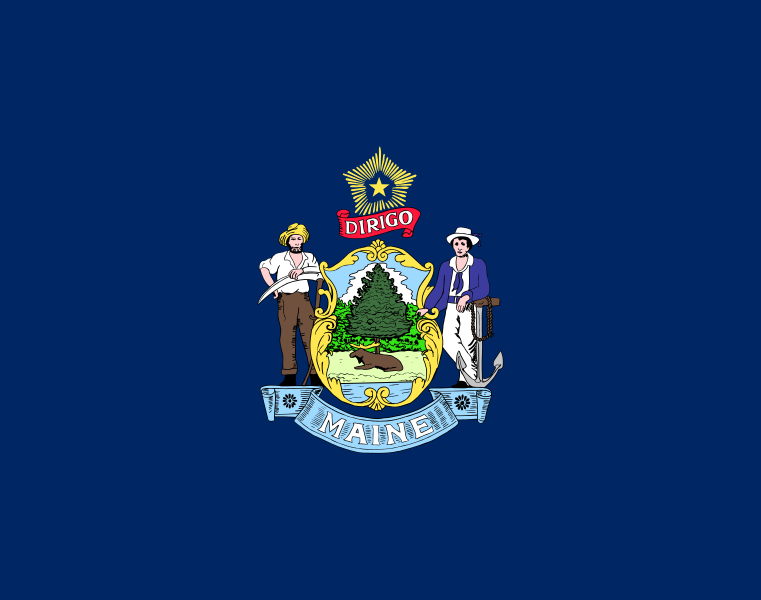
Incumbent Janet Mills (D), Paul LePage (R), and Sam Hunkler (I) are running in the general election for governor of Maine on November 8, 2022. Mills was first elected governor in 2018 and is seeking a second term. LePage served as governor from 2011 to 2019 and is seeking a third term. Mills is the…
-
Evers, Michels tied in polls for governor of Wisconsin
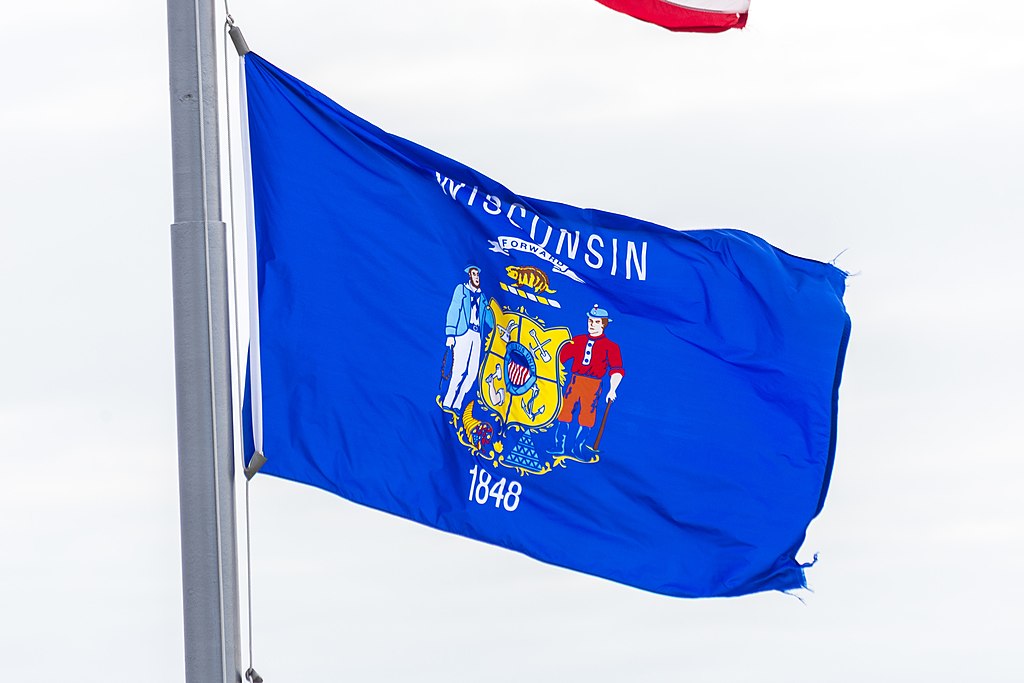
Incumbent Tony Evers (D) and Tim Michels (R) are running in the general election for governor of Wisconsin on Nov. 8, 2022. Recent polls have not shown either candidate to have a statistically significant lead. The Cook Political Report, Sabato’s Crystal Ball, and Inside Elections rate the election as a toss-up. Evers was elected in…
-
Whitmer, Dixon, and five others running in Michigan’s gubernatorial contest

Incumbent Gov. Gretchen Whitmer (D), Tudor Dixon (R), and five other candidates are running in the general election on November 8, 2022, for governor of Michigan. Whitmer was first elected governor in 2018. She served as a member of the state House from 2001 to 2006 and the state Senate from 2006 to 2015. Whitmer…
-
Four candidates running for governor of Kansas
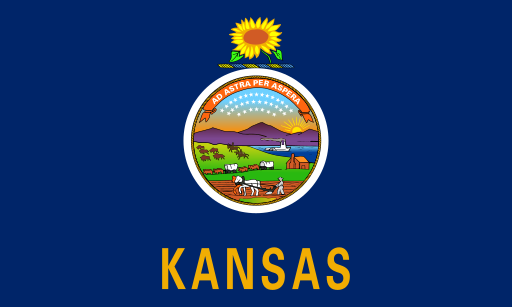
Incumbent Laura Kelly (D), Derek Schmidt (R), Seth Cordell (L), and Dennis Pyle (Independent) are running in the general election for governor of Kansas on Nov. 8, 2022. This is the only governorship Democrats are defending in 2022 in a state that Donald Trump (R) won in 2020. Major independent observers rate the election as…
-
Alaska holds first top-four primary for governor

Alaska held its first top-four primary for governor on August 16. Based on unofficial returns on election night, three candidates—Gov. Mike Dunleavy (R), former state Rep. Les Gara (D), and former Gov. Bill Walker (I)—appeared likely to advance. Dunleavy received 42.3% of the vote, followed by Gara with 21.7% and Walker with 21.4%. The fourth…
-
Joshua Green defeats Vicky Cayetano, Kaiali’i Kahele, and four other candidates in Hawaii’s Democratic gubernatorial primary
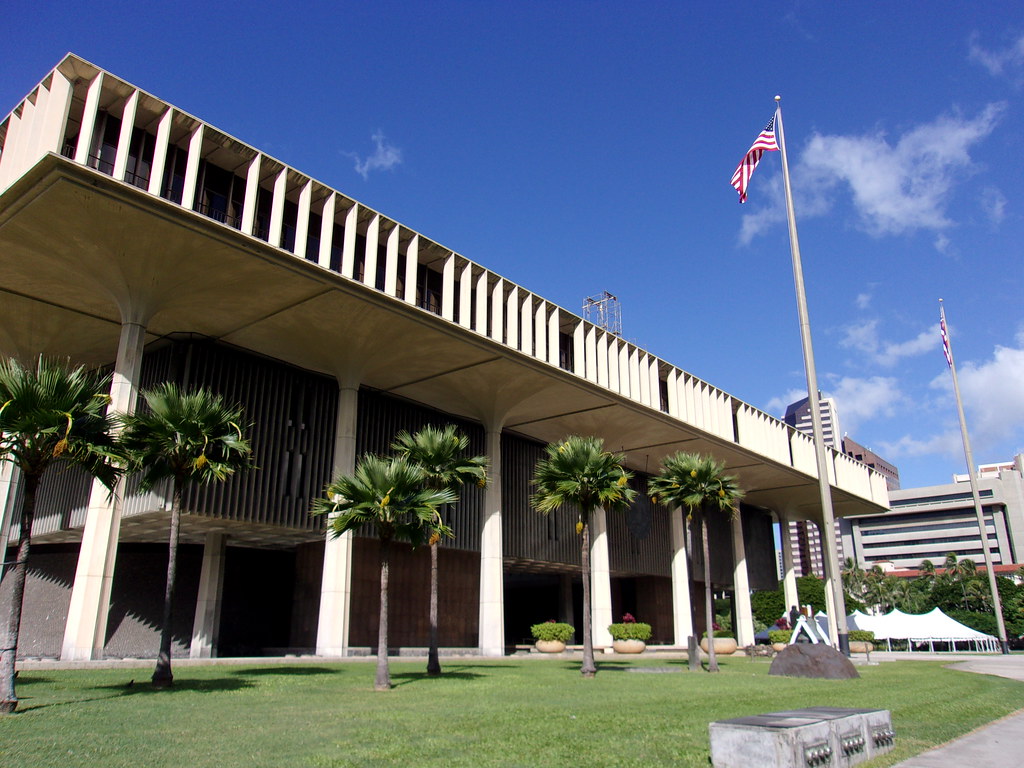
Joshua Green defeated Vicky Cayetano, Kaiali’i Kahele, and four other candidates in Hawaii’s Democratic gubernatorial primary on August 13, 2022. Incumbent David Ige (D) was term-limited. Green is Hawaii’s current lieutenant governor and an emergency room physician. He said, “I’m running for Governor because Hawaii needs elected leaders we can trust — to tell us…

